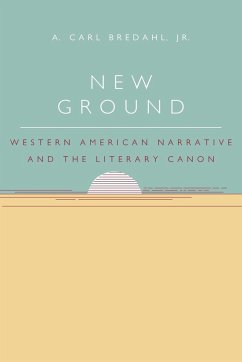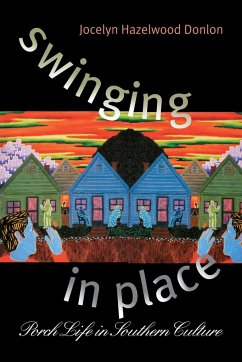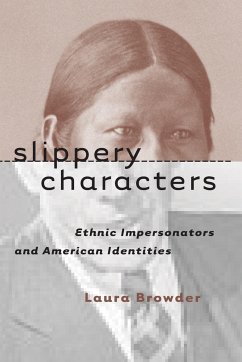New Ground is a compelling argument for the expansion of the American literary canon. Carl Bredahl maintains that the critical tradition too often neglects the literature of the American Midwest and West because this literature does not share eastern assumptions about space. Bredahl first considers the defining characteristics of the established canon, mainly composed of works by eastern authors. Central to the eastern imagination, he shows, is the act of intellectually and narratively enclosing the wilderness, an act that grows out of a fundamental distrust of space. Bredahl's description extends to southern writing as well. The southern myth is Edenic, defining a beautiful world threatened by urban mentality and protected by southern gentility. Enclosure is, thus, common to northern and southern myths, and both appear to emerge out of the European longing for a spiritual haven in the New World. In contrast, the western imagination, confronting an environment of extravagant proportions in size, weather, and configuration, had to discard assumptions of imposing self and enclosing landscape. Instead of the effort to impose and reshape came the need to reconceptualize the individual's relationship to the land. Much of western literature tells the story of this realignment. This literature, Bredahl says, has been too easily dismissed for not sharing eastern assumptions. Bredahl provides readings of several major pieces of western narrative not often examined by -- or even familiar to -- students of American literature. He looks at the works of such authors as Mary Austin, Walter Clark, Wright Morris, and Ivan Doig in order to show how these works respond to an environment that will not tolerate enclosure. His discussion of western writers is extended by an examination of two makers of American Western films -- easterner John Ford, who takes a more traditional approach to the West, and Sam Peckinpah, a filmmaker whose imagination was conditioned by his life in the West. Originally published in 1989. A UNC Press Enduring Edition -- UNC Press Enduring Editions use the latest in digital technology to make available again books from our distinguished backlist that were previously out of print. These editions are published unaltered from the original, and are presented in affordable paperback formats, bringing readers both historical and cultural value.
Hinweis: Dieser Artikel kann nur an eine deutsche Lieferadresse ausgeliefert werden.
Hinweis: Dieser Artikel kann nur an eine deutsche Lieferadresse ausgeliefert werden.








